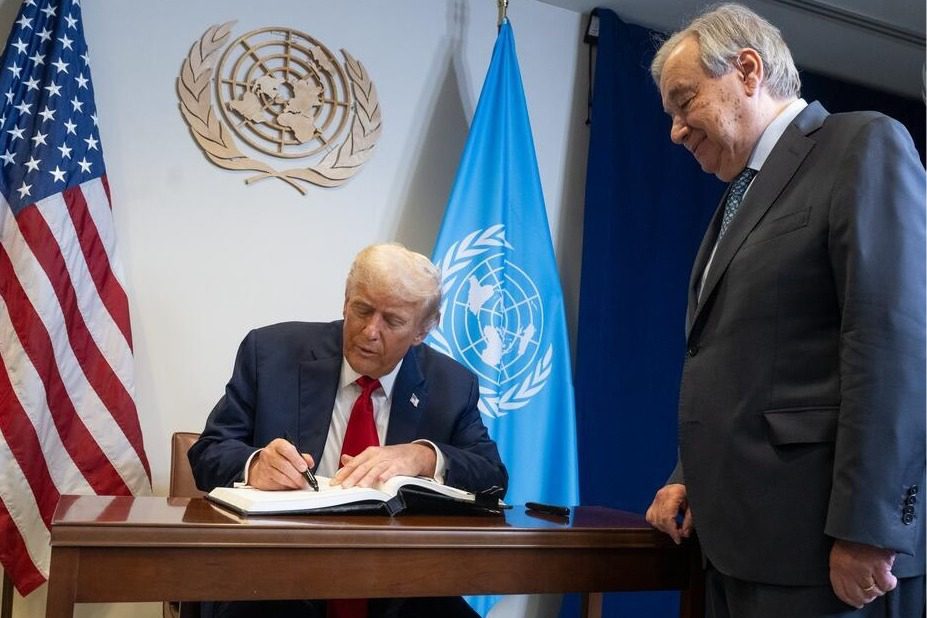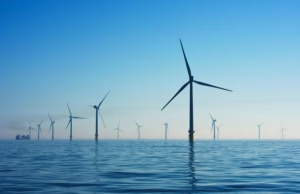Key Impact Points:
- President Trump’s new tariffs caused a $2.5 trillion U.S. stock market plunge.
- Tariffs significantly raise costs of renewable energy projects dependent on Chinese imports.
- China’s retaliatory measures could severely disrupt supply chains critical to clean energy and defense.
Tariffs Trigger Market Crash
President Donald Trump announced sweeping tariffs, labeling the move “Liberation Day.” This includes a universal 10% levy on all imports, with substantial increases targeting China (54% total) and the European Union (20%).
The news triggered panic on Wall Street, causing a $2.5 trillion loss in market value. Investors worry tariffs may stall economic growth, inflate prices, and disrupt America’s transition to clean energy.
Renewable Energy Sector at High Risk
America’s clean energy sector faces significant disruption from these tariffs due to its heavy reliance on imported technology, particularly from China.
Over 80% of solar panels installed in the U.S. originate from China, which dominates global solar PV cell and polysilicon wafer production.
China also refines critical battery materials, handling 60% of global lithium refining, 80% cobalt, and over 90% manganese. It exports about 74% of America’s rare earth minerals, crucial for wind turbines and electric vehicles.
A 54% tariff on Chinese imports dramatically increases project costs, posing major hurdles for renewable energy development.
Vanessa Sciarra, vice president of trade and international competitiveness at the American Clean Power Association, emphasized that such policy changes could “jeopardize access to affordable and reliable energy by severing established supply chains.”
China Strikes Back, Deepening Crisis
China swiftly countered with a 34% tariff on U.S. goods effective April 10, 2025. It also imposed export restrictions on seven crucial rare earth minerals, essential to American defense, electronics, and clean energy industries.
Analysts view this as a calculated move demonstrating Beijing’s strategic leverage, intensifying pressure on major American corporations including Lockheed Martin, Tesla, and Apple.
Economic Isolation and Legal Challenges Loom
Trump’s aggressive tariff strategy faces bipartisan political pushback. Congressional approval might be required for such significant economic measures.
Potential legal challenges loom from industries and international trading partners. The World Trade Organization (WTO) could investigate if these tariffs violate global trade rules.
Economists and industry leaders warn the tariffs might isolate the U.S. economically and erode international trust, undermining cooperative global efforts on climate action and energy security.
With Trump’s tariffs not yet enacted, their mere announcement has already rattled markets, threatened renewable energy progress, and raised critical questions:
Will these tariffs protect America—or leave it economically isolated?

 Follow SDG News on LinkedIn
Follow SDG News on LinkedIn











